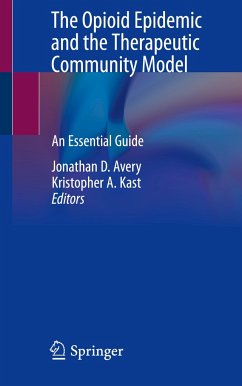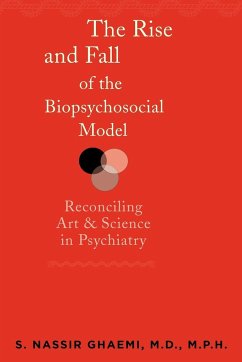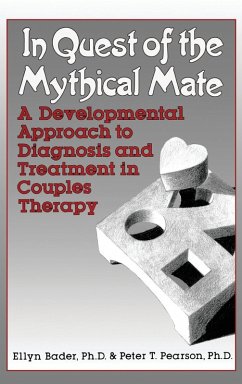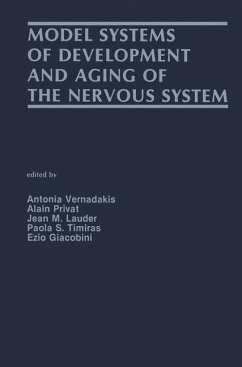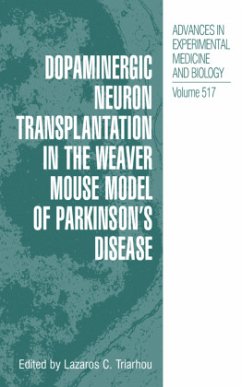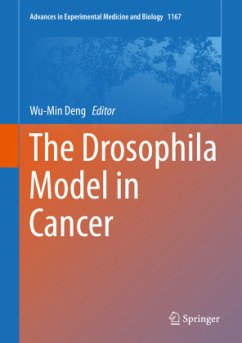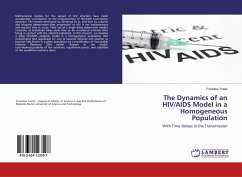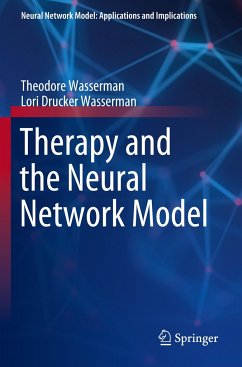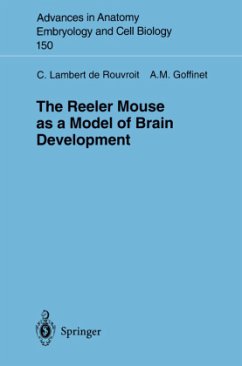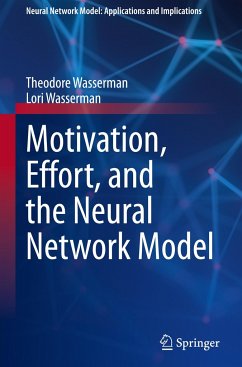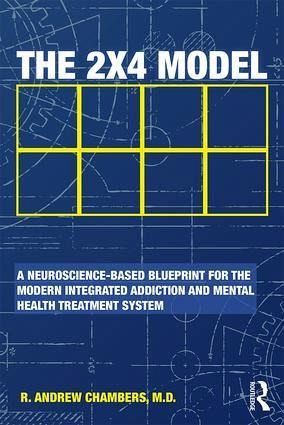
The 2 x 4 Model
A Neuroscience-Based Blueprint for the Modern Integrated Addiction and Mental Health Treatment System
Versandkostenfrei!
Versandfertig in 1-2 Wochen
127,99 €
inkl. MwSt.
Weitere Ausgaben:

PAYBACK Punkte
64 °P sammeln!
Over a quarter century of studies have shown that addictions, mental illnesses, and their combinations (dual diagnoses) are pervasive in the general population. Meanwhile, emerging neuroscience is revealing that the neurodevelopmental basis of major mental illness and addiction diseases are tightly interconnected and often unified pathologies of the brain. This science calls into question the profound split between the addiction and mental health fields that define our fragmented research, professional training, and treatment delivery systems-a split that leaves most patients out of reach of a...
Over a quarter century of studies have shown that addictions, mental illnesses, and their combinations (dual diagnoses) are pervasive in the general population. Meanwhile, emerging neuroscience is revealing that the neurodevelopmental basis of major mental illness and addiction diseases are tightly interconnected and often unified pathologies of the brain. This science calls into question the profound split between the addiction and mental health fields that define our fragmented research, professional training, and treatment delivery systems-a split that leaves most patients out of reach of adequate professional expertise and evidence-based standards of care. The 2 x 4 Model, as described in this translational textbook of Addiction Psychiatry, is the essential blueprint and operational manual for the fully integrated, expertly staffed, Dual Diagnosis clinic- a clinic that is maximally capable and efficient in treating the full spectrum of addictions, mental illness, and their comorbidities, through integration of psychotherapies and medications, by one team under one roof. Replication of 2 x 4 Model Clinics into a national system would allow widespread access to excellent, transparent standards of Addiction Psychiatry as a decisive measure against mass incarceration and the exploding health care crisis of untreated addictions, all while rebuilding brain health as a core public health, social and economic imperative of modern society.





